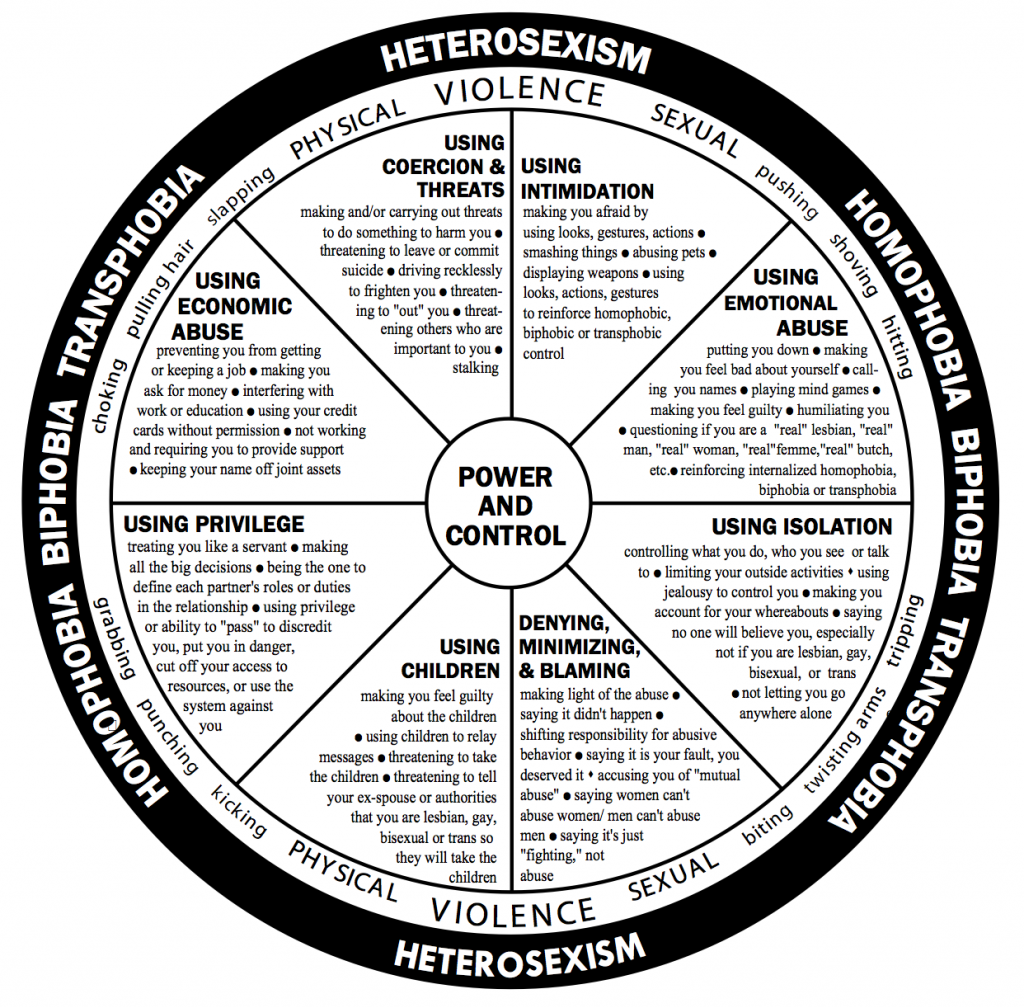HELPFUL RESOURCES FOR LGBTQ+ SURVIVORS
- Transgender Michigan
- Transgender Michigan’s primary mission is to provide advocacy, support and education while serving to create coalitions in the state of Michigan to unify and empower transgender and gender non-conformist communities.
- Equality Michigan
- Equality Michigan (EQMI) has been working for 25 years to achieve full equality and respect for all Michigan residents regardless of sexual orientation, gender identity, or gender expression.
- Ozone House
- Ozone House is a community-based, nonprofit agency that helps young people lead safe, healthy, and productive lives through intensive intervention and prevention services.
- Ruth Ellis Center
- The mission of the Ruth Ellis Center is to provide short and long-term residential safe space and support services for runaway, homeless and at-risk lesbian, gay, bi-attractional, transgender, and questioning youth.
- Affirmations
- Affirmations provides a welcoming space where people of all sexual orientations, gender identities & expressions, and cultures can find support and unconditional acceptance, and where they can learn, grow, socialize and feel safe!
- LGBT Detroit
- The Mission of LGBT Detroit is indelibly expressed as it demonstrates an increased awareness of the intricacies of the LGBT culture through education, cohesion and advocacy that affords one to identify, accept and honor their truths, sense of self and foster humanness.
QUICK STATISTICS
(Source: NCADV.org)
- 43.8% of lesbian women and 61.1% of bisexual women have experienced rape, physical violence, and/or stalking by an intimate partner at some point in their lifetime, as opposed to 35% of heterosexual women.
- 26% of gay men and 37.3% of bisexual men have experienced rape, physical violence, and/or stalking by an intimate partner in their lifetime, in comparison to 29% of heterosexual men.
- In a study of male same sex relationships, only 26% of men called the police for assistance after experiencing near-lethal violence.
- In 2012, fewer than 5% of LGBTQ+ survivors of intimate partner violence sought orders of protection.
- Transgender victims are more likely to experience intimate partner violence in public, compared to those who do not identify as transgender.
- Bisexual victims are more likely to experience sexual violence, compared to people who do not identify as bisexual.
- LGBTQ+ Black/African American victims are more likely to experience physical intimate partner violence, compared to those who do not identify as Black/African American.
- LGBTQ+ white victims are more likely to experience sexual violence, compared to those who do not identify as white.
- LGBTQ victims on public assistance are more likely to experience intimate partner violence compared to those who are not on public assistance.
LGBTQ+ POWER AND CONTROL WHEEL

UNIQUE BARRIERS WITHIN LGBTQ+ COMMUNITIES
(Source: NCADV.org)
Several barriers exist to addressing LGBTQ+ intimate partner violence. These include:
- Societal beliefs that domestic violence does not occur in LGBTQ+ relationships.
- Potential homophobia from staff of service providers, or from non-LGBTQ+ domestic violence victims they may come into contact with.
- Lack of appropriate training regarding LGBTQ+ domestic violence for service providers.
- A fear that airing the problems among the LGBTQ+ population will take away from progress toward equality or fuel anti-LGBTQ+ bias.
- Domestic violence shelters are typically female only, and transgender individuals may not be allowed entrance due to their gender/genital/legal status.
- The dangers associated with “outing” oneself and risking rejection from family, friends, and society.
- The lack of, or survivors being unaware of, LGBTQ+-friendly assistance resources.
- Low levels of confidence in the effectiveness of the legal system for LGBTQ+ people.

